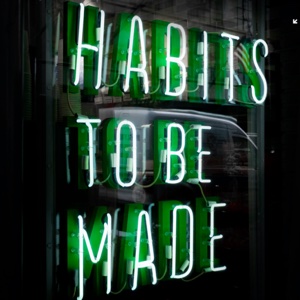
 admin
admin
 April 29, 2021
April 29, 2021

 admin
admin
 August 6, 2020
August 6, 2020

 admin
admin
 July 15, 2020
July 15, 2020

 admin
admin
 July 1, 2020
July 1, 2020

 admin
admin
 June 16, 2020
June 16, 2020

 admin
admin
 June 3, 2020
June 3, 2020
